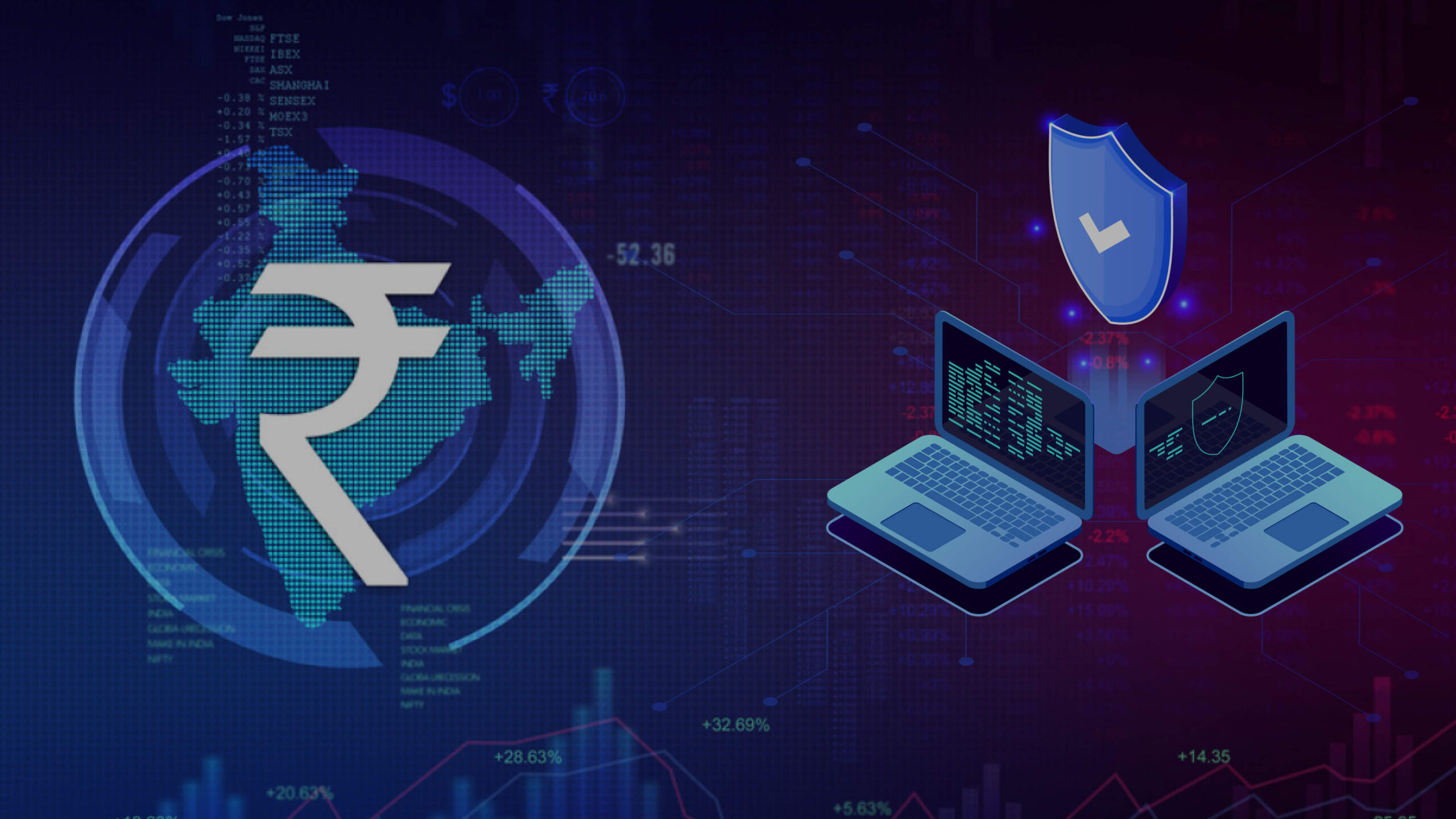An amount of ₹625 crores has been given to the Ministry of Electronics and Information Technology (MeitY) to strengthen the nation’s cybersecurity infrastructure. Out of the total, ₹400 crores have been set aside for cyber security initiatives, and the Indian Computer Emergency Response Team has received ₹225 crores for its cybersecurity response team (CERT-In).
The national office for event response, including forecasting, assessing, and alerting for cybersecurity breaches, is called CERT-In. Its duties include promoting security awareness among online users, providing technical support, and offering advice on how to bounce back from security breaches.
The budget amount has increased from the last year’s ₹180 crores, indicating that the government is more aware of potential risks and attempting to maintain caution in order to protect its agencies and public sector enterprises (PSUs) principally.
It is virtually impossible to ignore the cyberattacks that the Indian government experienced in 2022, such as the IT system hacking at AIIMS and other public organisations.
PSUs and private institutions both often take in a lot of sensitive data, making it equally necessary for them to safeguard themselves against a threat with such potential repercussions.
In the past, the government has approached the nation’s cybersecurity issues from many angles. The legal basis for cybersecurity initiatives is provided by the National Cyber Security Policy (2013) and the Information Technology (IT) Act, 2000.
By discovering botnet infections in India, warning users, aiding the cleaning process, and safeguarding systems to stave off further infections, the Cyber Swachhta Kendra (CSK) strives to build a secure cyberspace. The National Intelligence Grid (NATGRID), cybersecurity, cybercrime, and national information security policy and guidelines are all topics that the Ministry of Home Affairs addresses’ (MHA) Cyber and Information Security (C&IS) section (NISPG). While NISPG protects data all the way through its lifecycle, NATGRID is an integrated master database structure that connects databases from several security organisations inside the GoI.
All forms of cybercrime in the nation are addressed by the Indian Cyber Crime Coordination Centre (I4C). I4C is made up of seven different parts, each of which has a specific function. Examples of these parts include the National Cybercrime Training Center (NCTC), the National Cybercrime Research and Innovation Center, and the National Cybercrime Threat Analytics Unit (TAU).
Other government initiatives to address cybersecurity issues include the National Critical Information Infrastructure Protection Center (NCIIPC) and the National Cyber Coordination Centre (NCCC).
The following services are also included in the budget:
Fintech services:
Our digital public infrastructure, which includes Aadhaar, PM Jan Dhan Yojana, Video KYC, India Stack, and UPI, has made fintech services in India more accessible. The range of documents that are accessible to persons in DigiLocker will be increased in order to facilitate more innovative Fintech services.
Entity DigiLocker:
There will be built up an Entity DigiLocker for use by MSMEs, big enterprises, and charity trusts. This will be done in order to securely store and exchange documents with various authorities, regulators, banks, and other business entities whenever necessary.
5G Service:
To realise a new variety of options, economic models, and employment potential, engineering colleges will construct up 100 labs for developing applications employing 5G services. The labs will address a variety of topics, including applications for smart classrooms, precision agriculture, intelligent transportation systems, and health care.
Conclusion:
Digital infrastructure is essential to the tech sector for a number of reasons. It first makes it possible for several technical systems to operate and connect without interruption. The topics discussed range from servers and computer networks to data storage and cloud computing. The infrastructure of the digital world is crucial for security and privacy. Strong security measures are essential as more private and sensitive information is shared and stored online in order to safeguard it from cyber threats. The significance of digital infrastructure will only increase with the development of technology. Companies in the technology sector must invest in cutting-edge security technologies, solutions, and expertise to protect their networks, data, and consumers against cyber-attacks.
References:
- Budget 2023-2024 Speech of Nirmala Sitharaman Minister of Finance, February 1, 2023.
- Budget 2023 Government to spend Rs 225 crores on cybersecurity response team by CNCBTV.
Author : Ms. Amisha Sah, Intern, CyberPeace Foundation




